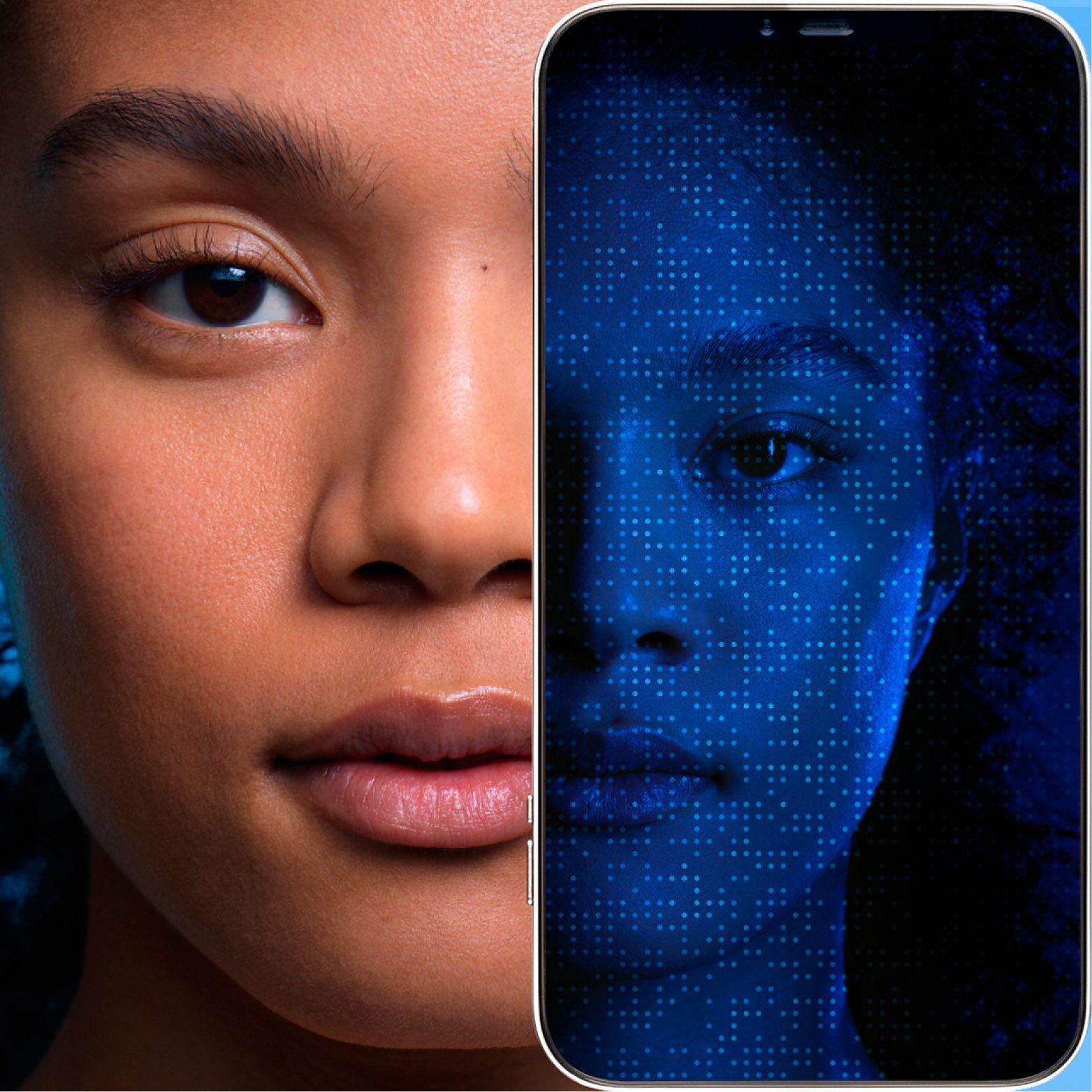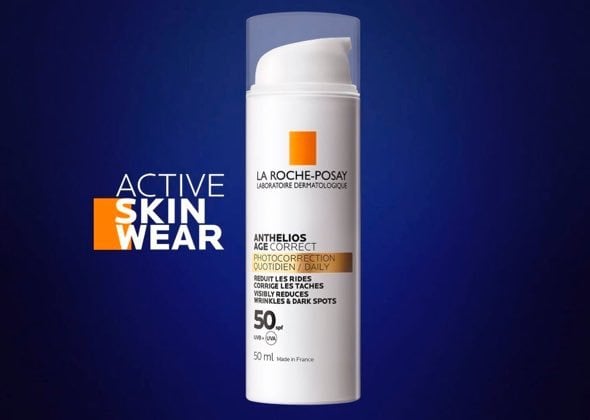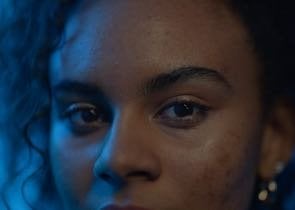How can I protect my skin from the sun?
Sun exposure puts you at risk of sunburn, as well as the long-term dangers of premature ageing and skin cancer. To stay safe in the sun, seek shade between 11 am and 3 pm, wear a hat, protective clothing and sunglasses. In addition to these measures, generously apply broad-spectrum UVA-UVB sunscreen every 2 hours to any area of exposed skin.
Learn more








